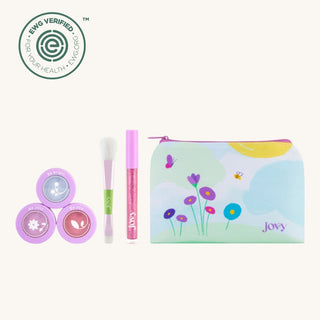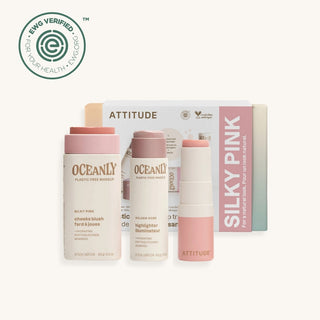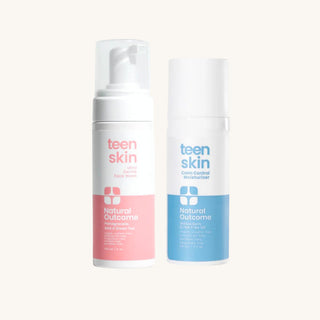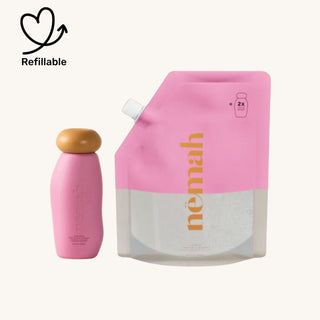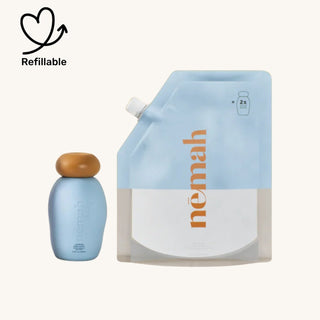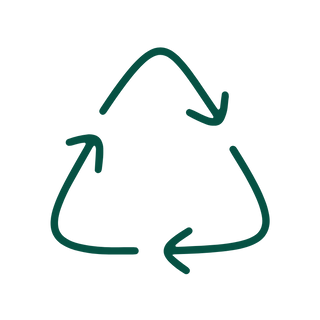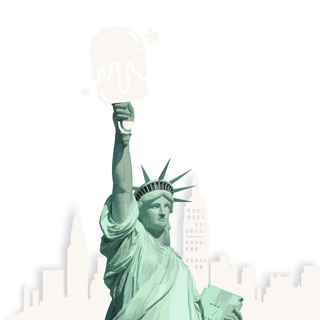
Protecting One Child Became a Mission for Many
When our standards began
When my son Asher developed baby eczema, I realized ingredient safety wasn’t guaranteed by products, retailers, or even regulators—it was my responsibility as a parent.
Determined to protect his delicate skin, I transformed how I shopped, reading every label and choosing only the safest ingredients in food and personal care.
Years later, seeing my daughters explore my makeup drawer, I created Popsicle Beauty Club—a place where beauty play and ingredient purity could finally exist together.
Rebecca Suissa
Founder & Fellow Ingredient-Conscious Mommy
@rebeccasuissa
Meet our ingredient experts
Every Popsicle Beauty Club product is backed by expert review. Our Medical Advisory Board includes physicians in allergy, immunology, and pediatric care who ensure every product meets the strictest standards for children’s skin. Their expertise helps us deliver clean, non-toxic beauty you can trust—because your child’s health is our first priority.

Dr. Jordana Goldman, MD
Jordana is a board-certified Allergist and Immunologist with her training from Rutgers New Jersey Medical School, Olive View–UCLA Medical Center, and Johns Hopkins University School of Medicine.
As a mom of two young girls, ages 2½ and 1, she is passionate about ingredient safety—especially in products children apply to their skin. Her expertise in allergic contact dermatitis and eczema, along with her active role in the American Contact Dermatitis Society, drives her thorough review of Popsicle Beauty Club’s products for hidden allergens, sensitizers, and potential irritants. Jordana’s clinical insight ensures our formulations meet the highest standards of dermatological safety for sensitive skin.

Dr. Liz Simmons, MD
Liz is a board-certified Pediatrician and West Point graduate with her medical degree from the Uniformed Services University of the Health Sciences (USU), our nation’s only federal medical school.
As a mom of three and an active-duty Army pediatrician with 12 years of experience, Liz brings a broad, systemic understanding of children’s health. Having treated countless young patients with skin sensitivities and adverse reactions to everyday products, she is deeply aware of how chemicals and environmental factors affect developing bodies. Her expertise shapes Popsicle Beauty Club’s approach to ingredient safety, ensuring our products are gentle, practical, and grounded in the latest pediatric science.
Helping Kids Understand Clean Beauty
We know how hard it can be to shop clean. Whether it's mainstream candy or colorful play makeup, every aisle brings another choice — and sometimes, it leads to tough conversations between moms and daughters.
At Popsicle Beauty Club, we’ve learned that kids are more on board with boundaries when they understand the “why.” That’s why we’ve created simple, kid-friendly imagery to help visualize what’s really in certain products — and why parents choose safer alternatives.
Because when kids can see the reason behind the rule, they feel more included, empowered, and confident in making healthy choices right alongside you.

How to explain clean beauty to kids
Your body is like a big city
Your endocrine system is like the city’s mail carrier, delivering important messages (hormones) to keep everything running smoothly.
But chemicals like synthetic fragrances and artificial colors can send fake messages, confusing your body and causing problems with growth, digestion, periods, and even cancer.
Some chemicals, called carcinogens (like formaldehyde and coal tar), are even worse because they are proven to actually cause cancer.
Heavy metals (like lead and arsenic) can sneak into makeup, building up in our bodies and hurting our brains—just like too much trash piling up in a city can cause big problems for everyone.
Colors that are unsafe
Not all colorants are created equal—some are harmful to people and the planet. Organic colorants are the most widely used colors in cosmetics, including most children’s products.
Organic colorants are like the bright and bold billboards in our cityscape, catching your eye with their vivid colors. Don’t be fooled by the word “organic” – in cosmetics, it refers to carbon-based, synthetic ingredients (often from petroleum or coal tar), not natural or farm-grown sources.
Organic Dyes (FD&C or D&C)
Water-soluble colors that can contain harmful metals like lead and arsenic. For example: FD&C Yellow No. 5. Avoid ingredients listed as FD&C + color + number.
Organic Pigments (“Lake” Dyes)
Oil-based colors that help pigment last but may be made from the same FD&C dyes, also carrying trace metals. For example: Yellow 5 Lake. Avoid colorants with CI numbers starting with 15, 19, 42, 45, or 77.
Colors that are made from animals
Some colors come from animals, like carmine, vibrant red pigment made from crushed beetles, or guanine, made from fish scales to add a shimmery, iridescent effect to cosmetics. While they might look pretty, it's cruel to harm innocent creatures.
Colors that are mined by children
The shimmer in many eyeshadows comes from mica, often mined in unsafe conditions involving child labor. While mica itself is safe, it’s as if the city's glittering lights are powered by hurting others. That’s why we only use ethically sourced mica or nature-identical alternatives.
Building a safer city
We curate products that are purposeful for your family and minimal in their impact on the planet. Your decision to shop with us helps pave the way towards a safer and more sustainable future.

